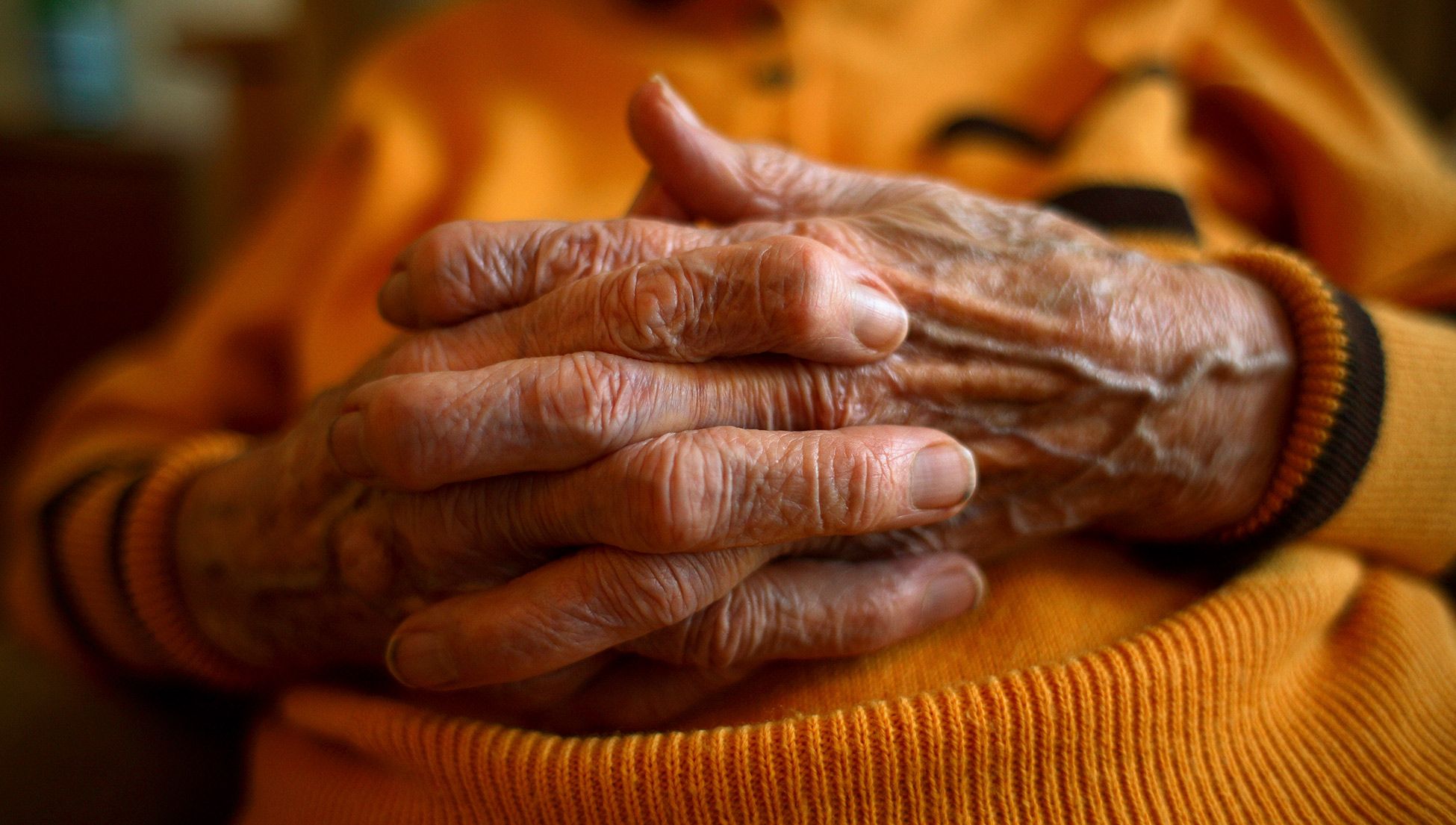
Metadata
- Author: Robert S Gable
- Full Title: Efforts to Expand the Lifespan Ignore What It’s Like to Get Old
- URL: https://psyche.co/ideas/efforts-to-expand-the-lifespan-ignore-what-its-like-to-get-old?utm_source=rss-feed
Highlights
- Biophysicists have calculated that, with maximal improvement in health care, the biological clock for humans must stop between 120-150 years. Biotechnology firms such as Calico, Biosplice and Celgene are putting this to the test by scrambling to extend our normal lifespan as far as they can. However, a basic problem, at least thus far, is that a sustained quality of life has not been extended to keep up with our expanded longevity. (View Highlight)
- As people get older, they are not gaining economic security, maintaining their usual level of independence, extending their social relationships, or avoiding chronic illnesses. For instance, about 85 per cent of older adults in the United States have at least one common chronic illness such as diabetes, heart disease, arthritis or Alzheimer’s. Thus, many routine tasks such as bathing, making the bed, doing errands, shopping, picking up items off the floor, or walking without falling cannot be performed without help. In short, as we live longer we are also unwell for longer. (View Highlight)
- Psychological depression, caused by physical illness plus associated medical expenses, often contributes to even more decline. Almost every day a new ache or pain, of uncertain duration, pops up and adds to ongoing maladies. Undesirable, but necessary, medical compromises gradually squeeze the vitality out of a chronically ill person. In most cases, death is not a sudden event at the end of life (except as a legally defined physical state). Rather, it is a long process of progressive functional decline. (View Highlight)
- From my perspective, preventing death is not always more important than promoting the quality of life. What value is there in existing if the ability to do and experience what you most value becomes unavailable? It is, indeed, possible to live too long. (View Highlight)
- The philosopher Friedrich Nietzsche’s character Zarathustra commented that:
Many die too late and some die too early. Still the doctrine sounds strange: ‘Die at the right time.’ … Many too many live, and they hang on their branches much too long. I wish a storm would come and shake all this rottenness and worm-eatenness from the tree! (View Highlight)
- Nietzsche would have probably approved of the cult comedy-drama film Harold and Maude (1971), showing a timely and poignant death. Twenty-year-old Harold, bored and obsessed with suicidal thoughts, meets 79-year-old Maude at a stranger’s funeral service. Maude, who breaks many social taboos, teaches Harold to make life fun. A year later, she calmly arranges her own death. Harold is shocked into realising the value of present-moment awareness. (View Highlight)
- Rational and open discussion of death is rare, especially in a culture where a charge of microaggression or ageism has become an all-too-common threat. (View Highlight)
- At present, medical personnel are left to deal with the toxic underbelly of a death-phobic culture. Only pain medication that may, as a side-effect of treatment, hasten death is a generally acceptable life-terminating procedure. (View Highlight)
- As defined by the World Health Organization, palliative care improves the ongoing quality of life of patients with life-threatening illnesses. In contrast, where it is available, legally authorised medical aid in dying allows a physician to prescribe a lethal dose of a drug at the request of a patient who intends to end their life. In my opinion, such a prescription would at least give suffering patients a comforting option, even if they ultimately chose never to use the drug. (View Highlight)
- In the US, 10 states plus the District of Columbia presently allow medical aid in dying. Relevant laws typically specify that the patient must be a mentally capable adult within an estimated six months of dying, and be able to self-ingest the medication. The legislation also usually includes more than a dozen safeguards, such as affirmation from two physicians and two independent witnesses that the patient was not coerced. (View Highlight)
- I do not have the wisdom or inclination to solve such ethical complexities. I do, however, hope that the ‘right to die’ becomes a civil liberty issue in the way that daily living options have been expanded for marginalised ethnic groups, women and gender minorities. (View Highlight)